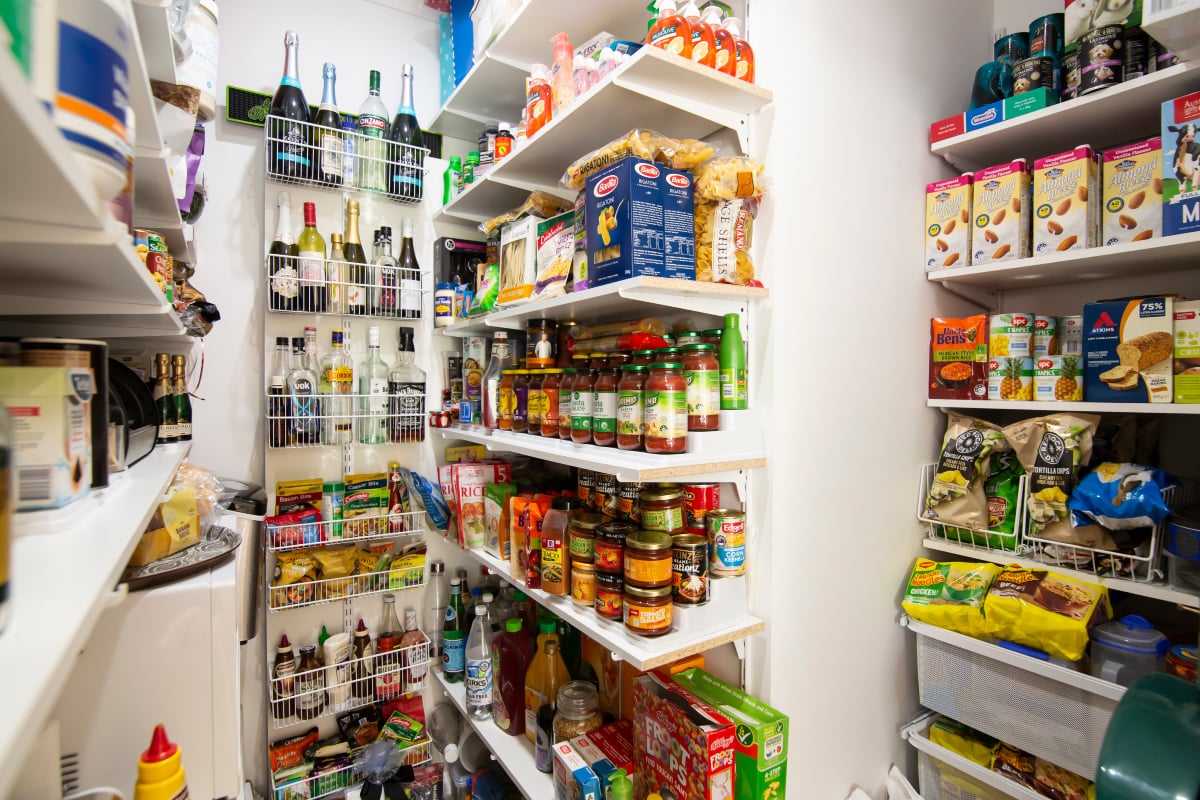
As the spread of coronavirus causes pandemic pandemonium in Australia and abroad, populations are grappling with the fear of the unknown.
Worldwide, there has been nearly 150,000 confirmed cases of coronavirus, with over 200 of those in Australia.
Now, as cases continue to rise, Australians are in preparation mode. Indeed, for weeks now, that has involved stockpiling.
But what is the official advice on what we should all buy in anticipation of the outbreak of coronavirus?
Well, the Australian Government has provided no official recommendation that Australians prepare for isolation (unless you feel unwell).
Watch: Mamamia’s Claire Murphy breaks down your most answered questions about COVID-19. Post continues below.
So, instead, we looked to the US Centres for Disease Control and Prevention, who says people should indeed have “supplies on hand”.
The CDC says necessary personal medication should be your first priority, in case there is an outbreak in your local community that will require self-isolation. If no extra medication is available, they advise to check if you can get them mail-ordered.




























































































